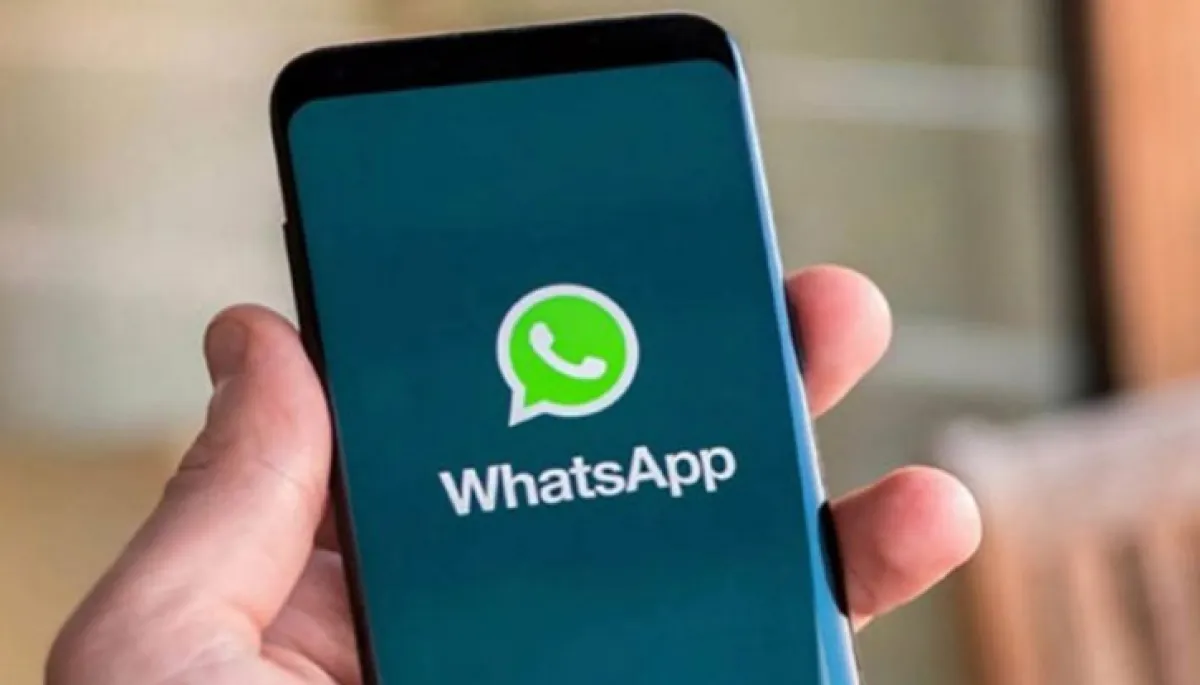
On Tuesday afternoon, Iranian state television called on the public to delete WhatsApp from their smartphones, claiming—without providing evidence—that the messaging platform was collecting user data to share with Israel.
WhatsApp responded with concern, stating that the accusations were false and potentially a pretext for authorities to block the app again at a time when people rely on it most. The platform emphasized its use of end-to-end encryption, which prevents any third party, including service providers, from accessing message content.“We do not track users' precise locations, we don’t maintain logs of who is messaging whom, and we do not monitor personal messages,” WhatsApp said. “We also do not provide bulk user information to any government.”
End-to-end encryption scrambles messages so that only the sender and recipient can read them. Anyone intercepting the communication would see unintelligible data without the decryption key.
However, Gregory Falco, a cybersecurity expert and assistant professor at Cornell University, pointed out that while message content is encrypted, WhatsApp metadata—such as usage patterns—is not, which has long raised concerns among privacy advocates.
Falco also highlighted the issue of data sovereignty, noting that WhatsApp data from users in one country may be stored elsewhere. For example, it is likely that Iranian user data is not stored on servers inside Iran. He argued that countries should store and process their data domestically using their own systems, as trust in the global data infrastructure is increasingly eroding.
WhatsApp is owned by Meta Platforms, which also operates Facebook and Instagram. Iran has previously restricted access to several social media platforms. In 2022, during widespread anti-government protests following the death of a woman in the custody of the morality police, the country blocked WhatsApp and Google Play. These restrictions were lifted late last year.
Despite such bans, many Iranians continue to use virtual private networks (VPNs) and proxy services to access blocked platforms. WhatsApp had remained one of the most widely used messaging apps in Iran alongside Instagram and Telegram.source : UNB
